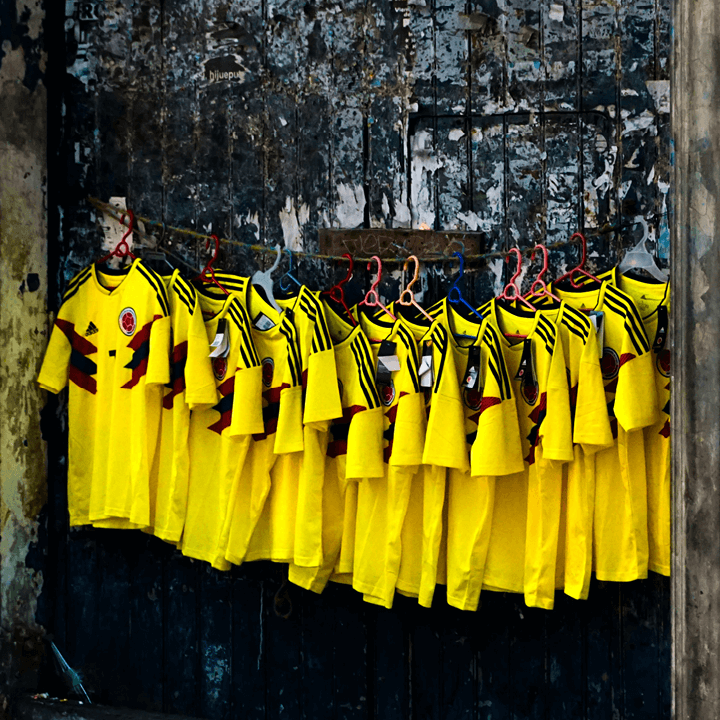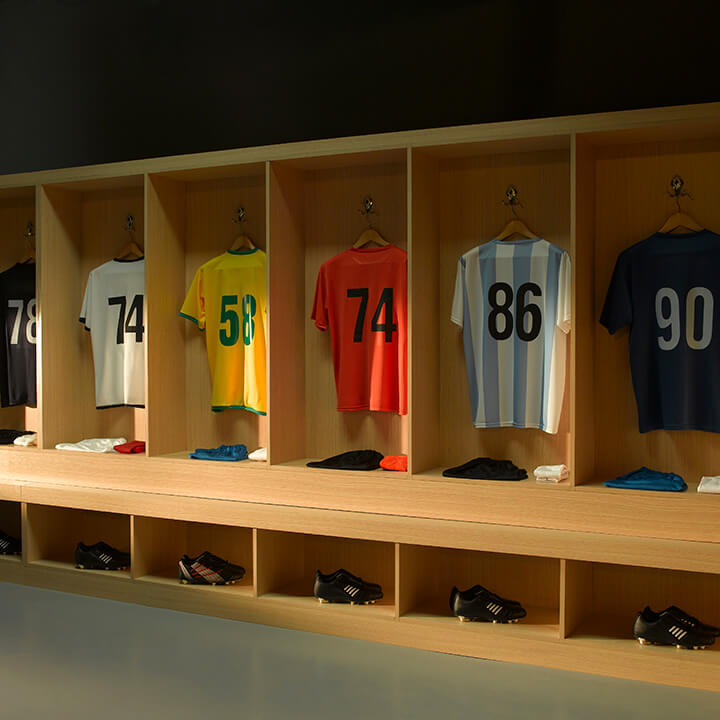Is this the end of the road for gambling sponsorship in football?
23rd February 2023
Gambling sponsorship: What is expected to change?
The relationships between football clubs and gambling companies has been a high profile and controversial subject in recent years. Currently, eight of the twenty premier league clubs have a front-of-shirt sponsor from the gambling sector, far more than from any other industry. Following increasing pressure from the public, the UK government will soon be publishing a white paper to include a review of whether gambling companies should be banned from having their names and logos appear on club shirts. This has been delayed several times, but as publication draws closer, speculation has begun as to how gambling sponsorship in football might be impacted.

Currently, the expectation is that the white paper itself will not propose a legislative ban on the sponsorship of football clubs by gambling companies. A self-regulatory approach, whereby leagues and clubs will be asked to vote on a voluntary ban of front-of-shirt sponsorship by gambling companies, is seen as the more likely avenue in which any changes will be introduced.
It remains to be seen how likely it is that clubs, particularly those across the English Football League (EFL), would agree to any voluntary ban, and what would happen if they didn’t. The financial benefits on offer from the gambling sector are often far greater than other sponsorship deals. Indeed, Aston Villa Football Club have recently claimed that “the commercial reality is that to teams outside the top six, such sponsors offer clubs twice as much financially as non-gambling companies.” This analysis is consistent with what we have come across in the front-of-shirt sponsorship market.
The EFL has also previously suggested that an end to gambling sponsorship could lose up to £40m of revenue for its 72 member clubs.
What should football clubs do?
Given the uncertainty around the introduction of any potential ban, and as we enter the time of year where clubs are looking to secure their sponsorship arrangements for the 2023/24 season, there are a number of considerations football clubs should bear in mind, particularly if they still wish to explore partnerships within the gambling sector:
- Are alternatives available? There a number of growing industries to explore for potential sponsorship deals which could provide a more certain yet still lucrative option for front-of-shirt deals.
- Could different rights be granted? With the focus of any imminent ban seemingly placed on front-of-shirt sponsorship, if a club wishes to partner with a betting company, a safer (albeit, less lucrative) route may be to grant other rights such as training wear sponsorship or, outside of kit arrangements, LED minute only deals. Could the club look to come up with some creative alternative to the betting brand’s logo being featured on the front of the club’s shirt?
- Does your agreement have sufficient termination rights? If clubs are looking to enter into deals with gambling firms, they should ensure that the agreement contains a definitive route out of the relationship if the legal or regulatory landscape changes and those sponsorship rights can no longer be granted. Break clauses for long term deals could also be a sensible consideration in this regard, to enable clubs to bring to an end those multi-year partnerships which are no longer permitted.
Football clubs should keep a close eye on the developments in this space and should ensure that contractual provisions are in place to protect against, and allow the club to react to, any changes in the football/gambling regulatory landscape. Entering into an agreement which is subsequently no longer permitted by either the rules of the relevant league, or even by law, could have significant (and possibly costly) consequences.
Concluding thoughts
So, is this the end of the road for shirt sponsorship by gambling companies? Not yet, would appear to be the immediate answer, but the movement away from kit sponsorship by gambling companies seems to be gathering increasing momentum.
If a ban does come in, one of the major challenges faced by clubs and leagues (and indeed the government) will be how football clubs can fund the gap left by the withdrawal of gambling sponsorship revenue. Many clubs are already under extreme financial strain, so a further depletion in revenue could be extremely difficult to manage.
How we can help
Walker Morris’ specialist Sports lawyers are highly experienced and expert in acting for sports clients, and in particular, have acted on a number of key partnerships, including front-of-shirt sponsors for football clubs across the Premier League, EFL and National League and are therefore well placed to advise on clubs’ sponsorship arrangements. If you have any queries or need any assistance on this topic, please contact Christian or Tim.










